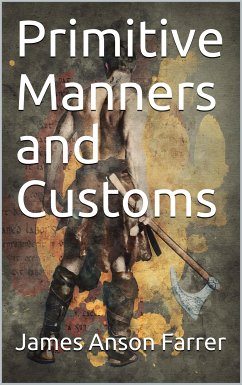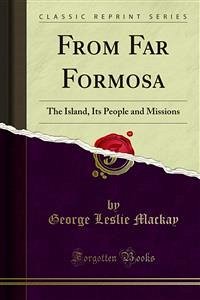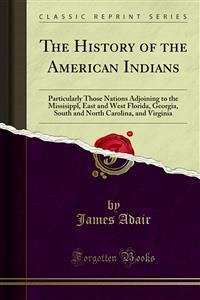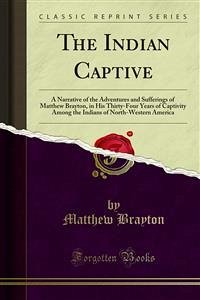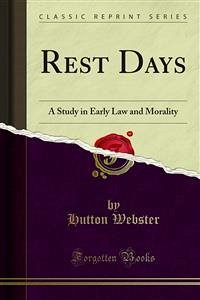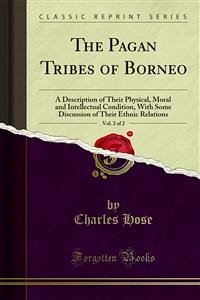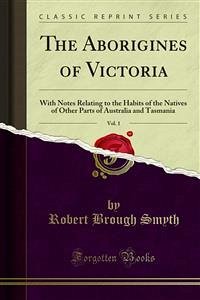From the myths characteristic of savage tribes, from their beliefs, their proverbs, their political and social regulations, it is here sought to gain some general estimate of their powers of intelligence and imagination, their moral ideas, and their religion; subjects naturally of much interest and inevitably of some dispute. For the reason that in savagery as in civilisation there are heights and depths, with more of light here, more of darkness there, it is quite impossible to bring the whole of savage life into focus at once, so that every general conclusion can only be taken as true within limits. The field to be studied is also so large and diversified, that no two minds can expect to derive from it the same impressions, nor to attain to more than partial truth about it. But since the savage can never hope to be heard in court himself, it is only fair to start with certain considerations which he would be entitled to urge, and which deserve to weigh in any judgment made regarding him.
The Tongan king, Finow, often stated to Mariner his doubts about the existence of the gods, and expressed the opinion, that men were fools for believing all they were told by the priests; whilst his saying, that the gods always favoured that side in war on which there were the greatest chiefs and warriors, recalls the opinion of a far more famous potentate than Finow. The disrespect, indeed, that Finow showed to the Tongan religion was such, that his subjects explained violent thunderstorms as the dissensions of the gods in Bolotu about his punishment. On the other hand, savages are also subject to relapses of superstition, such as with us are dignified by the name of ‘movements;’ an American tribe who traced their origin to a dog were so firmly impressed by a fanatic with the sin of attaching their canine relatives to their sledges, that they resolved to use dogs no more, but women instead, for dragging their possessions.
As the practical infinity of past time makes it impossible to calculate the influence exercised in different parts of the world by migrations, by conquests, or by commerce, except within a very limited period, so it precludes any definite belief in ethnological divisions, and relegates the question of the unity of the human race, like that of its origin, to the limbo of profitless discussion. No characteristic has yet been found by which mankind can be classified distinctly into races; and with all the differences of colour, hair, skull, or language, which now suffice for purposes of nomenclature, it remains true that there is nothing to choose between the hypothesis that we constitute only one species and the hypothesis that we constitute several. The world is so old as to admit of divergences from a single original type quite as wide as any that exist; whilst, on the other hand, similarity of customs (such, for instance, as that Tartars in Asia, Sioux Indians in America, and Kamschadals should all regard it as a sin to touch a fire with a knife), fail us as a proof of a unity of origin, in the face of our ignorance of prehistoric antiquity.
The Tongan king, Finow, often stated to Mariner his doubts about the existence of the gods, and expressed the opinion, that men were fools for believing all they were told by the priests; whilst his saying, that the gods always favoured that side in war on which there were the greatest chiefs and warriors, recalls the opinion of a far more famous potentate than Finow. The disrespect, indeed, that Finow showed to the Tongan religion was such, that his subjects explained violent thunderstorms as the dissensions of the gods in Bolotu about his punishment. On the other hand, savages are also subject to relapses of superstition, such as with us are dignified by the name of ‘movements;’ an American tribe who traced their origin to a dog were so firmly impressed by a fanatic with the sin of attaching their canine relatives to their sledges, that they resolved to use dogs no more, but women instead, for dragging their possessions.
As the practical infinity of past time makes it impossible to calculate the influence exercised in different parts of the world by migrations, by conquests, or by commerce, except within a very limited period, so it precludes any definite belief in ethnological divisions, and relegates the question of the unity of the human race, like that of its origin, to the limbo of profitless discussion. No characteristic has yet been found by which mankind can be classified distinctly into races; and with all the differences of colour, hair, skull, or language, which now suffice for purposes of nomenclature, it remains true that there is nothing to choose between the hypothesis that we constitute only one species and the hypothesis that we constitute several. The world is so old as to admit of divergences from a single original type quite as wide as any that exist; whilst, on the other hand, similarity of customs (such, for instance, as that Tartars in Asia, Sioux Indians in America, and Kamschadals should all regard it as a sin to touch a fire with a knife), fail us as a proof of a unity of origin, in the face of our ignorance of prehistoric antiquity.

